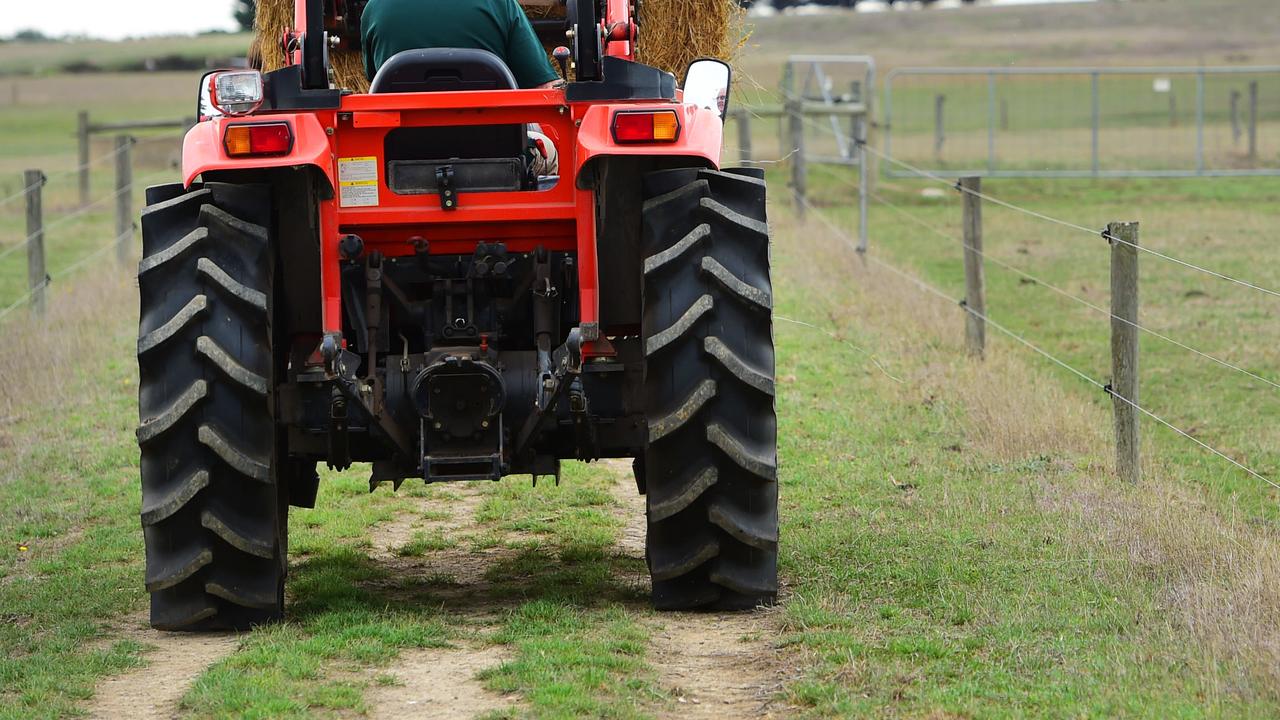Melbourne University research finds working from home could stop young people from ‘learning how to adult’
The work-from-home revolution may have brought greater flexibility to working life but experts have warned of a downside for young people, who risk losing out on critical “adulting” skills.
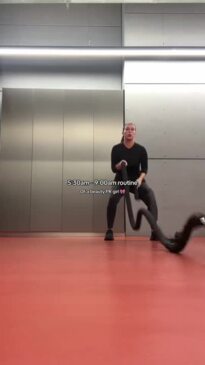
Victoria
Don't miss out on the headlines from Victoria. Followed categories will be added to My News.
Young people entering the workforce risk missing out on “learning how to adult” and developing essential professional skills due to having fewer face-to-face interactions with colleagues while working from home.
While providing benefits such as greater flexibility and cutting out arduous commutes, working from home could hamper innovation and weaken workplace culture, according to new research from the University of Melbourne.
“Pretty overwhelmingly, younger people we talked to really wanted to be in the office and the rationale for that was often about the social elements of being with others,” study co-author Professor David Bissell said.
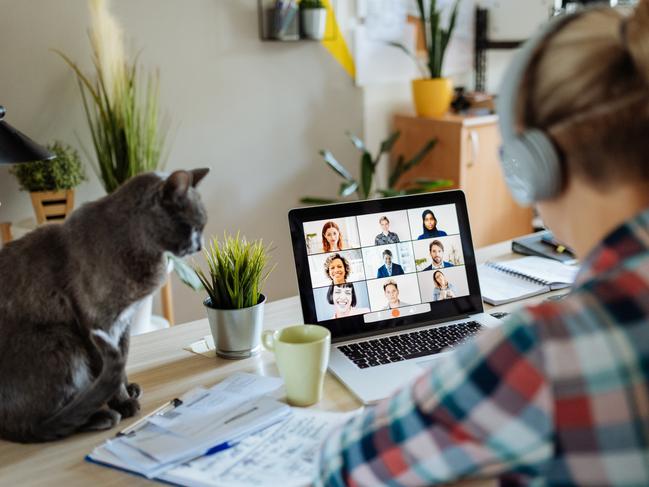
“There’s a really interesting generational divide, where younger people were sort of bemoaning older people for not being present in the office.
“And the knock on effect is that more senior people who have got experience and (are) carrying a lot of knowledge just aren’t present in the office to share all that stuff.”
But with a hybrid model of working now an expectation among much of the modern workforce, the study found businesses needed to give employees compelling reasons to return to the office at least a few days a week.
Workers surveyed were particularly frustrated when asked to trudge into the office for days of meetings mostly held via video conferencing.
“It’s not unreasonable for those people to go away at the end of the day and think, hang on a minute, I’ve just spent an hour and a half commuting to do something that actually I can’t even do as well as I do at home,” Professor Bissell said.
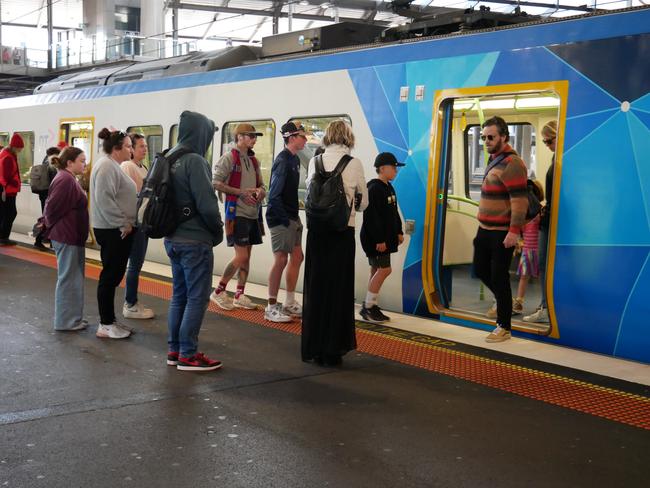
Some large companies have canned flexible working, with Amazon demanding all corporate employees return to the office full time from January, a decision which reportedly led to a huge backlash from staff.
The NSW government also largely scrapped working from home in August, but the Victorian government and many other states have not followed suit.
Recently elected Melbourne Lord Mayor Nick Reece said he was determined to make the city attractive for workers to spend time in.
“Our daytime economy is gaining momentum – and we’re taking the feedback of hundreds of local businesses on board, making the city cleaner, greener and more inviting,” Mr Reece said.
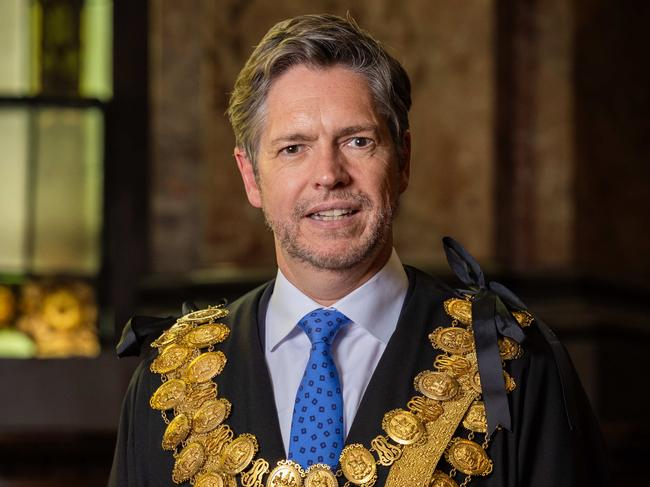
“We’re advocating for cheaper public transport fares for commuters, have made it easier to apply for a busking or outdoor dining permit, and are expanding our daytime events calendar.”
“We’re also doing even more to crack down on graffiti – with (a) Clean Team patrolling the streets twenty-four hours a day, seven days a week to ensure they’re sparkling.”
Town Hall allows flexible working for its staff, but workers are expected to attend the office unless they have a prior arrangement in place.
Analysis carried out by the City of Melbourne suggested commuter activity near Flinders Street station was five per cent higher in November 2024 than 12 months earlier.
More Coverage
Originally published as Melbourne University research finds working from home could stop young people from ‘learning how to adult’




